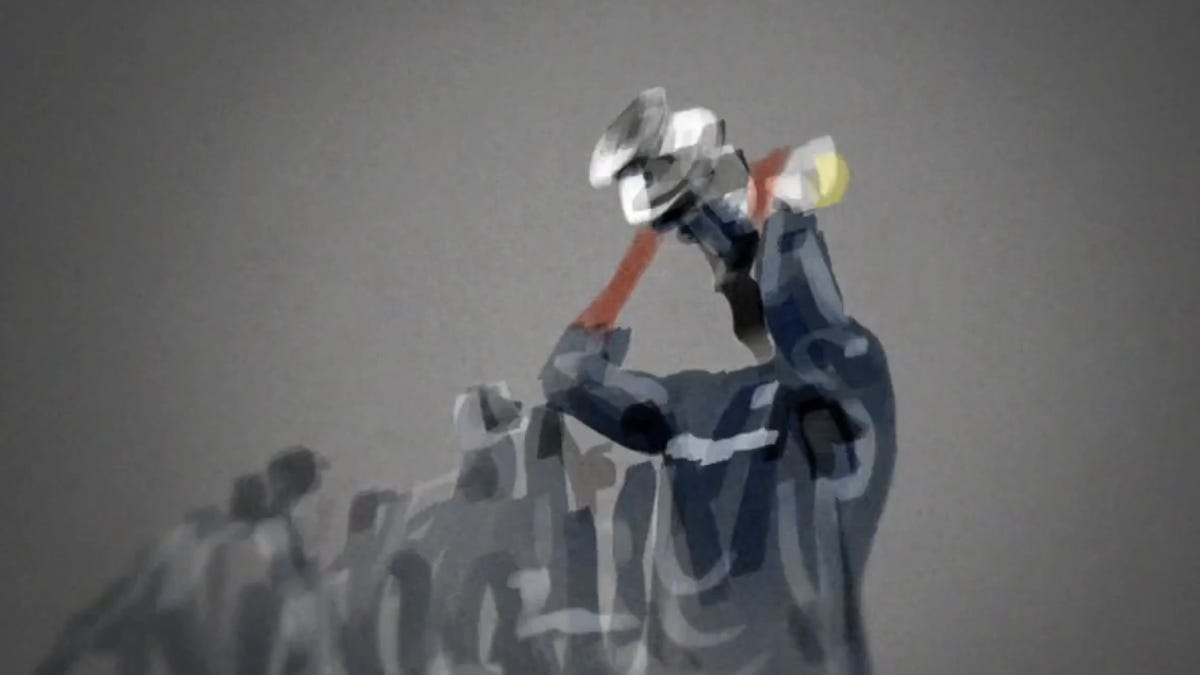Can an algorithm win your fantasy football league?
English computer science academics create an algorithm-based software that they claim creates a most excellent fantasy team. Is this progress?

Human judgment hasn't done much for human development over the last, say, 50 years.
This has allowed machines to take over and begin to dictate.
You'd think that there might be limits. You'd think that politicians were selfless.
The latest machine creation which tries to squeeze the human mind and reduce it to a grape pip is Artificial Intelligence software that picks the perfect fantasy football team.
This is the brainbaby of three academics from the University of Southampton in England.
Lecturer in Computer Science Sarvapali Ramchurn, student Tim Matthews, and visiting researcher and George Chalkiadakis have cobbled together software that, they say, already places it in the top 1 percent of fantasy football players.
Yes, the sport they call football is called soccer by those who don't quite get it yet. And yes, their local team, Southampton is -- in real life -- not terribly good.
But so certain are these three wise men that it will turn even the weakest fantasy player into something of a genius that, according to Phys.Org, they intend to present their work at AAAI-12, the Artificial Intelligence Conference in Toronto next week.
I have always worried about one part of artificial intelligence -- the artificial part. It's the part that, for some humans, spoils things.
I understand that many, many fine brains have already tried to concoct software that will somehow predict fantasy football selections. Here, for example, is Fantasy Football Starters, a predictive algorithm that, supposedly, helps you win 70 percent of the time.
This may, however, leave a taste like genetically-modified food.
Oddly, though, the Southampton brains have confessed that there is a limit to their madness. They tested their software against last season's results. Fantasy Football is big business all over the world. (An example from the UK is embedded.) And the academics were pleased with their results.
This year, however, they have discovered that they need an additional element. You will surely be stunned to hear that this element is the human brain.
As Ramchurn told Phys.Org: "Our previous tests have shown that a machine working on its own will perform better than millions of humans. But a machine can't take into consideration if a player is injured (and still plays), has low morale or has personal issues and may not perform at his best."
My European cup runneth over. The machine cannot entirely spoil the amusement. The machine cannot (yet) delve into the psyche of Wayne Rooney (that would be much fun) and discover whether his tooth is aching, his hair weave is slipping, or that a tabloid is about to reveal naughty happenings in his firmament.
Ramchurn continued:
So this time we will be using humans and the machine working together as a team so that the humans can add this subtle information into the system and, together with the software's extensive analysis, it will hopefully improve the machine's success rate, though in some cases, this could also potentially make it perform worse if humans put in inaccurate information.
They love humans. They need humans (a little). But they want to blame humans, should they lose.
What joy will scientists such as these feel when they can truly predict everything?
What will real people do? Will they be permanently sedated by the sheer nullifying boredom of life?
Or will they access some embedded core of humanity invisible to science and deliberately act twice as irrationally as they currently do?

